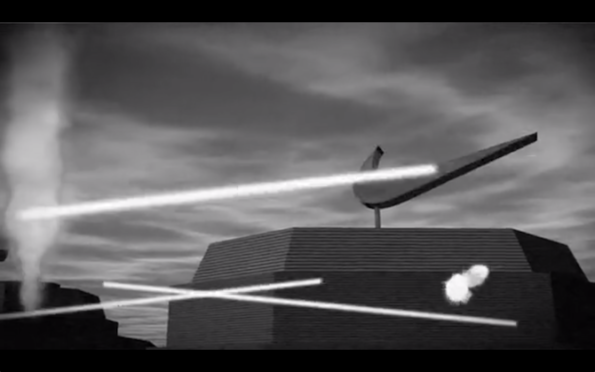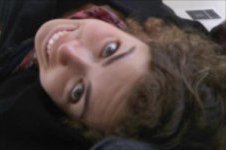Search
To search for an exact match, type the word or phrase you want in quotation marks.
A*DESK has been offering since 2002 contents about criticism and contemporary art. A*DESK has become consolidated thanks to all those who have believed in the project, all those who have followed us, debating, participating and collaborating. Many people have collaborated with A*DESK, and continue to do so. Their efforts, knowledge and belief in the project are what make it grow internationally. At A*DESK we have also generated work for over one hundred professionals in culture, from small collaborations with reviews and classes, to more prolonged and intense collaborations.
At A*DESK we believe in the need for free and universal access to culture and knowledge. We want to carry on being independent, remaining open to more ideas and opinions. If you believe in A*DESK, we need your backing to be able to continue. You can now participate in the project by supporting it. You can choose how much you want to contribute to the project.
You can decide how much you want to bring to the project.

Screen Festival, set within the Loop Fair in Barcelona, has been seen but not seen, as they say. Amidst the jungle of videos that were presented last week in different spaces of the city, I went to see Ante tus ojos (I & II) (In front of your eyes) in Avelino Sala Studio, the artist’s studio, where a selection of videos by 25, early and mid career artists from different origins were shown. Amongst them one finds the Mexican Teresa Margolles, Eugenio Merino, Marco Godoy, the Cuban, Carlos Garaicoa and Avelino Sala himself.
I decided to go drawn by the line up of artists and the exhibition leaflet, with which the curatorial team, Commission Curatorial Group, announced the project. They say that it deals with the dissonance, between reality and its representation, which is increasingly evident in the inhuman capitalism that we are living in. I’m tired of listening to talk of the crisis and how contemporary art serves to reflect differently upon it, as if a pair of glasses that allows one to see everything in five dimensions. However, I continue inevitably attracted by the productions that these glasses aim to have. Better to try them before discarding them.
‘Ante tus ojos’ is divided into two parts, projected on two different days. Some of the videos showed the name of the author at some point, others didn’t. I deduce that this is due to the fact that they totally respected the way the videos were delivered by the authors, but it also makes it difficult to identify, discuss and analyse them. Among the videos, I’ve chosen two as efficient examples of what the project wants to demonstrate. In the first, ‘Mano y culturas creadoras’, by Miguel Alvear, one can hear an institutional voice talking about the history of Ecuador. The images show drawings of the different races that exist in Ecuador and diagrams of the strata of Ecuadorian society. The natural manner and even the jubilation with which the narrator describes the Ecuadorian culture, guarantor of its freedom, while he talks of Ecuador as “the New Spain”, is eloquent about the mentioned separation between representation and reality, and about the possible danger of determined uses of culture.
The other video is by the collective PSJM, ‘Corporate Armies’. The 3D aesthetics of the video seem to be drawn from a videogame. It represents our near future in a world that takes to extremes the present capitalist bases, and in particular the Russian law passed in 2007, allowing the energy company Gazprom to have its own army. In this dystopian world, the countries fight between each other using private armies with the backing of the states themselves. In this case the representation doesn’t show us the dissonance between them and reality, so much as their proximity.
CORPORATE ARMIES by PSJM from PSJM on Vimeo.
The information is not just a formality. It has a contextualising function. The fact of not rigorously indicating the name of the authors, the title and year of production of each video is a choice by the curatorial team that is worthy of respect. That said, I’m of the opinion that on the whole it weakens the project. If what one wants to do is indicate certain issues, the lack of a referential and analytical framework for the pieces, what is achieved is that the spectator gets lost in front of images that can run the risk of becoming pure representation.
Ante tus ojos clamours to be seen, and we should all feel the call, but above all, we must be able to look beyond what they show us.

Raquel Machtus is a nomad by birth. Aside from her enthusiasm for discovering new places in the world, she is also interested in nomadism in situ, that is to say exploring and going deeper into the as yet not established connections between elements within a context. In addition, she thinks that art, analysed through all its facets, offers very interesting perspectives on this nomadism. She’s proposing to go into them in more depth.
"A desk is a dangerous place from which to watch the world" (John Le Carré)